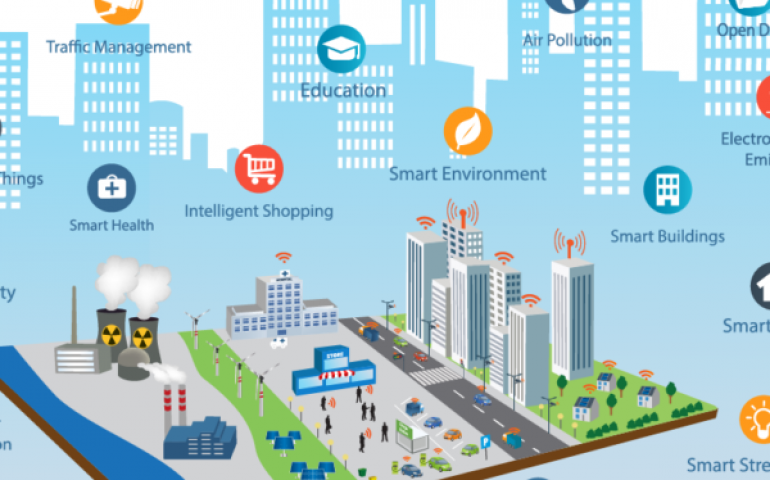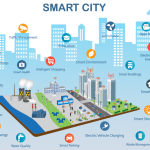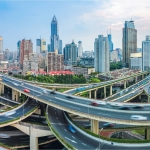


By 2025, world will be home to 8 billion people who mostly live in cities. But today, cities waste an estimated $39 billion in water, gas and energy resources. The population growth and increasing migration to cities are creating several unique challenges. Every area in urban communities is going to be challenged by the increasing urbanization.
For modernizing the urban movement, we are providing solutions for “smart cities” by exchanging and using location data in a collaborative environment. These cities are integrating sensors and various monitoring devices through a network, typically the internet, in an effort to optimize city operation and service efficiency along with improving their interface with citizens directly. The data that is collected can be analyzed to manage many municipal assets such as power plants, water and sewage systems, lighting, pollution monitoring, renewable energy management, traffic and transportation systems, and many other community services. In essence, smart cities use the IoT to collect data and analyze it in order to directly interact with city infrastructure and to monitor real-time city assets and community evolution in order to improve operating efficiency and to proactively react to potential problems before they arise.

